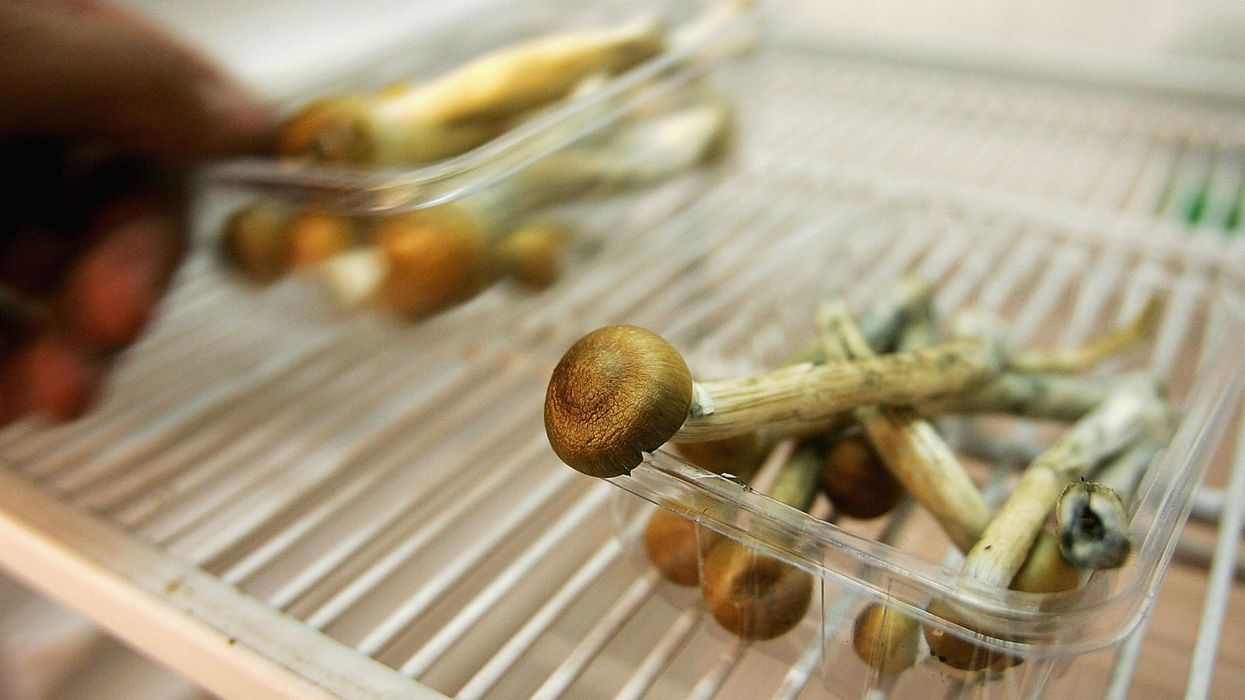Greg Evans
Oct 14, 2017

Picture:
Daniel Berehulak/Getty Images
For most of us, magic mushrooms were probably something that you were once offered at a music festival when you were 18, but thought otherwise.
However, new research has suggested that they might be thought of as a serious medication to combat mental illness.
Scientists have discovered that magic mushrooms contain a substance called psilocybin which has the ability to "reset" the brain of people who suffer from severe depression.
Research from Imperial College, London discovered that where conventional medication had failed for some, psilocybin had proved to be successful.
The team of researchers believe that the substance can reset key brain circuits that are known to be key elements in the role that depression plays on the brain.
Dr Robin Carhart-Harris, Head of Psychedelic Research at Imperial College, is quoted as saying:
Several of our patients described feeling ‘reset’ after the treatment and often used computer analogies.
For example, one said he felt like his brain had been ‘defragged’ like a computer hard drive, and another said he felt ‘rebooted.
Psilocybin may be giving these individuals the temporary ‘kick start’ they need to break out of their depressive states and these imaging results do tentatively support a ‘reset’ analogy.
Similar brain effects to these have been seen with electroconvulsive therapy.
The study, published in the journal Scientific Reports, involved 20 patients who were given two doses of the drug, one large and one small, over the course of two weeks.
This managed to reduce the blood flow in the emotional region of the brain and also stabilised other areas of the brain often associated with depression.
Whilst this is an encouraging break through in mental health research, Professor David Nutt who was the senior author of the paper admitted that more knowledge needed to be obtained before to see if the results were consistent.
Larger studies are needed to see if this positive effect can be reproduced in more patients.
But these initial findings are exciting and provide another treatment avenue to explore.
More: 9 things people with mental illnesses want you to understand
Top 100
The Conversation (0)













